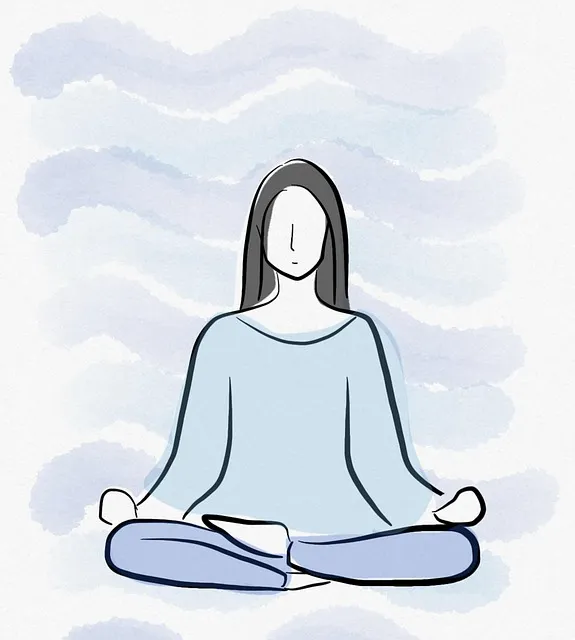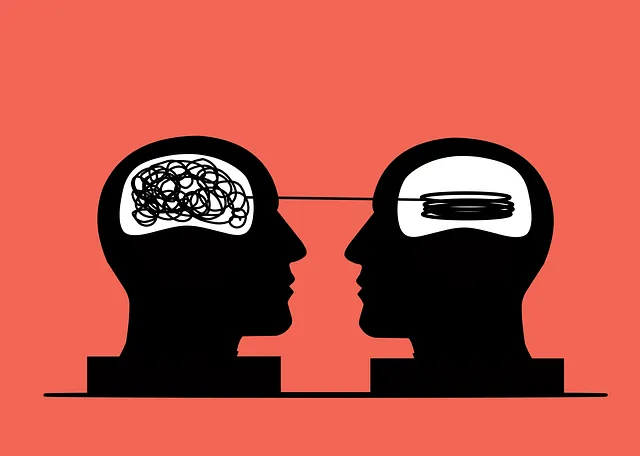Self-care, emphasized by organizations like Kaiser Permanente, is a proactive approach to well-being that includes physical, mental, and emotional health. Key aspects involve recognizing personal needs, managing stress, and building resilience through practices such as exercise, mindfulness, and positive thinking. The superior Kaiser Permanente mental health facility in Superior promotes self-care through personalized plans integrating mind over matter, emotional regulation, and physical activities. A holistic wellness routine that combines physical, mental, and emotional well-being is vital for overall health, and these facilities provide resources to support this, including education on coping skills and crisis intervention guidance. Overcoming barriers to consistent self-care, aided by top-tier mental healthcare resources like those at Kaiser Permanente Superior, leads to improved health and happiness.
In today’s fast-paced world, self-care is not a luxury but a necessity. Understanding and prioritizing self-care forms the bedrock of overall well-being. This comprehensive guide explores various facets of enhancing self-care practices, highlighting the crucial role played by institutions like Kaiser Permanente Mental Health Facility in promoting holistic health. From recognizing individual needs to creating balanced routines, we delve into strategies that foster personal growth. Additionally, we address barriers to consistent self-care implementation, offering valuable insights for a superior quality of life.
- Understanding Self-Care: The Foundation of Well-being
- The Role of Kaiser Permanente Mental Health Facility in Promoting Self-Care Practices
- Unlocking Personal Growth: Identifying Individual Self-Care Needs
- Creating a Balanced Routine: Integrating Physical, Mental, and Emotional Well-being
- Overcoming Barriers: Strategies for Consistent Self-Care Implementation
Understanding Self-Care: The Foundation of Well-being

Self-care is a fundamental practice that forms the cornerstone of overall well-being. It involves intentional actions taken to nurture and maintain one’s physical, mental, and emotional health. At its core, self-care is about recognizing and prioritizing your needs, ensuring you have the resources to manage stress, and fostering resilience in the face of life’s challenges. This concept has gained significant importance, especially with organizations like Kaiser Permanente highlighting the vital role it plays in preventing illness and promoting a healthy lifestyle.
The benefits of self-care extend beyond improved mental health; they are interconnected with better physical health outcomes. By incorporating practices such as regular exercise, mindfulness, and effective conflict resolution techniques (as promoted by superior mental health facilities), individuals can reduce anxiety relief, enhance their ability to cope with stress, and improve overall life satisfaction. Cultivating positive thinking is a key aspect of this journey, enabling folks to navigate life’s complexities with increased clarity and optimism.
The Role of Kaiser Permanente Mental Health Facility in Promoting Self-Care Practices

The Kaiser Permanente mental health facility plays a pivotal role in promoting self-care practices among its clients and members. Through innovative programs designed to enhance mental well-being, the facility offers comprehensive solutions tailored to individual needs. Superior mental health education is at the core of their approach, equipping individuals with the knowledge and tools necessary to manage stress, improve resilience, and prevent burnout effectively.
These programs are meticulously crafted to foster a culture of self-care, encouraging active participation in one’s mental health journey. By integrating evidence-based strategies into daily routines, Kaiser Permanente enables its clients to cultivate healthy habits that promote emotional balance and overall well-being. The facility’s commitment to excellence in mental health care ensures that individuals not only receive timely support but also develop the skills to sustain long-term self-care practices.
Unlocking Personal Growth: Identifying Individual Self-Care Needs

Unlocking Personal Growth: Identifying Individual Self-Care Needs
At a superior mental health facility like Kaiser Permanente, understanding that self-care is not one-size-fits-all is paramount. Every individual has unique needs and experiences that shape their relationship with well-being. This journey of self-discovery involves recognizing the body’s physical and emotional cues to create tailored practices for optimal resilience building. By acknowledging the intricate connection between mind over matter principles, emotional regulation, and personal growth, individuals can embark on a transformative path.
At such facilities, professionals guide patients in identifying their specific triggers, strengths, and weaknesses, fostering a deeper sense of self-awareness. This process empowers them to develop coping strategies aligned with their distinct lifestyles and challenges. Whether it’s through meditation, therapy, or physical activity, personalized self-care plans contribute to enhanced emotional well-being and overall mental health.
Creating a Balanced Routine: Integrating Physical, Mental, and Emotional Well-being

Creating a balanced routine that integrates physical, mental, and emotional well-being is essential for overall health, especially when supported by resources like those offered by the Kaiser Permanente mental health facility in Superior. This holistic approach acknowledges that each aspect of our wellness is interconnected and requires dedicated attention. Incorporating regular exercise, healthy eating, and sufficient sleep into your daily routine can significantly enhance physical health and provide a solid foundation for mental and emotional resilience.
At the same time, cultivating coping skills through practices like mindfulness, meditation, or journaling can help individuals manage stress and promote better mental clarity. Public Awareness Campaigns Development initiatives aimed at educating people on these strategies play a crucial role in fostering a culture of self-care. Moreover, Crisis Intervention Guidance from superior facilities equips individuals with tools to navigate difficult emotions and seek support when needed, ultimately contributing to a more balanced and fulfilling life.
Overcoming Barriers: Strategies for Consistent Self-Care Implementation

Overcoming barriers to consistent self-care is a key aspect of fostering overall well-being, especially when utilizing resources like Kaiser Permanente’s mental health facility. Many individuals face challenges in incorporating self-care practices into their daily routines due to demanding schedules, stress, or fear of prioritizing personal needs. However, with the right strategies, these barriers can be effectively navigated.
One powerful approach is through Mental Health Education Programs designed to enhance self-awareness and provide practical tools for resilience building. These programs often include techniques for self-esteem improvement, enabling individuals to better recognize and meet their mental health needs. By learning and adopting these practices, people can develop a stronger sense of self-care consistency, ultimately leading to improved overall health and happiness, as supported by Kaiser Permanente’s superior resources in mental healthcare.
Self-care is not a luxury but a necessity for overall well-being, and the Kaiser Permanente mental health facility plays a pivotal role in promoting this. By understanding individual needs and providing strategies to overcome barriers, this superior healthcare provider enables people to unlock personal growth and create balanced routines that integrate physical, mental, and emotional health. With consistent practice, self-care becomes a powerful tool for enhancing quality of life, ensuring individuals can thrive in today’s demanding world.






